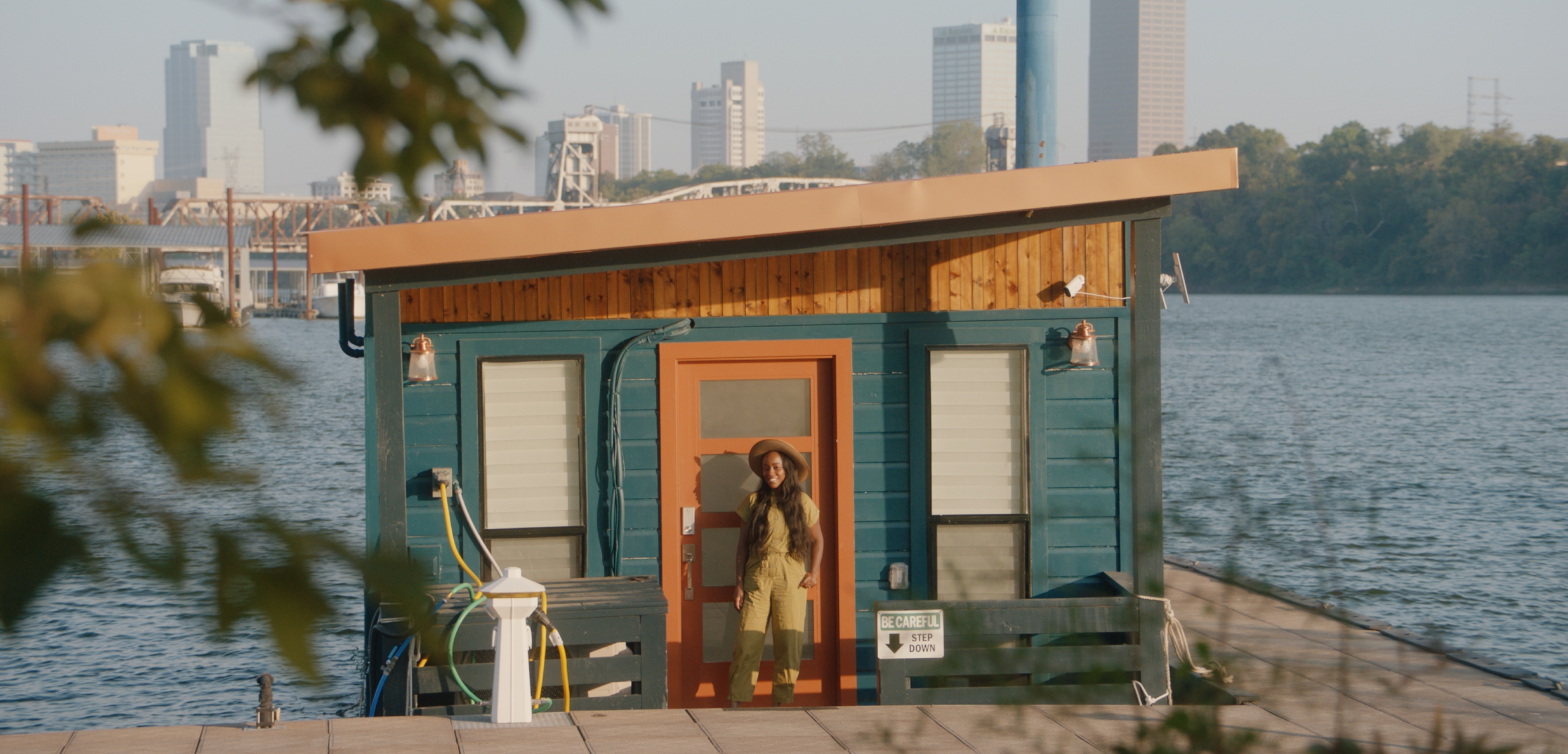Become your best Host
Resources to help you meet your goals
Learning
Article and video series to help you get started.
News
Get the latest hosting and company updates.
- Jan 10, 2025Airbnb.org hosts to shelter 25,000 people impacted by LA wildfires
- Oct 16, 20242024 Winter Release: Updates to help you host and travel
- Oct 1, 2024Why reviews matter















